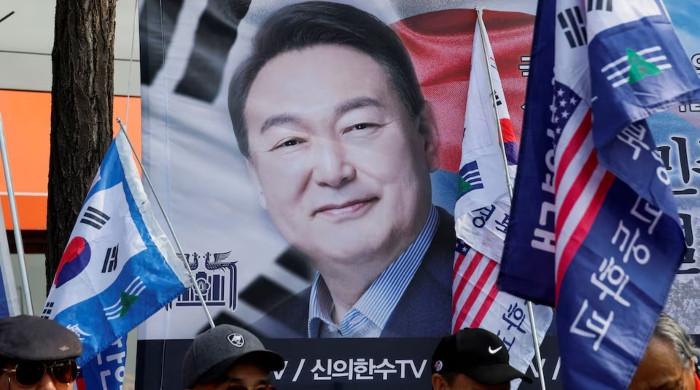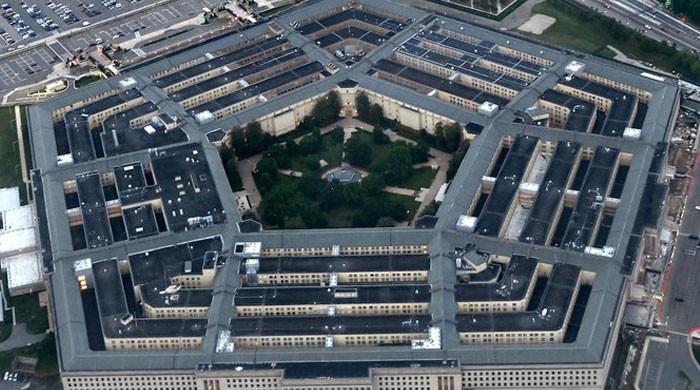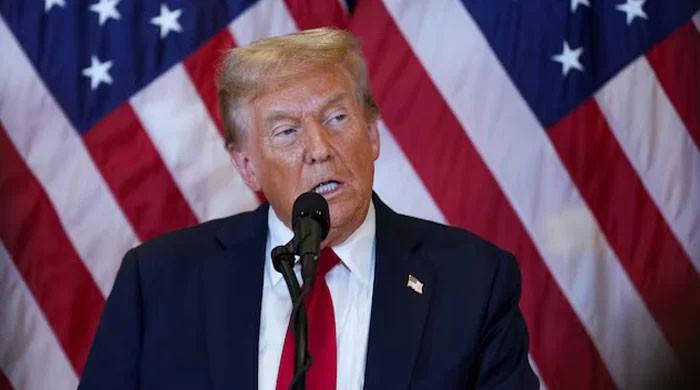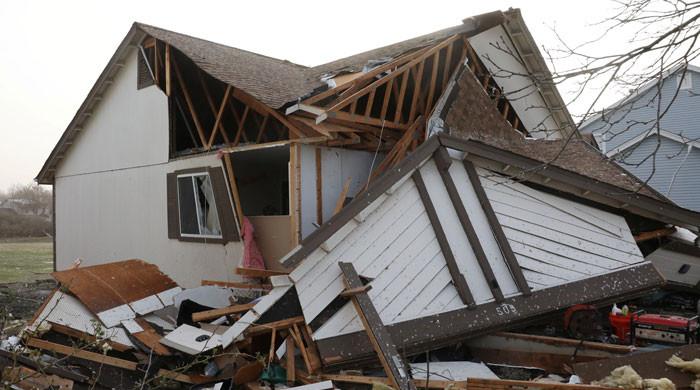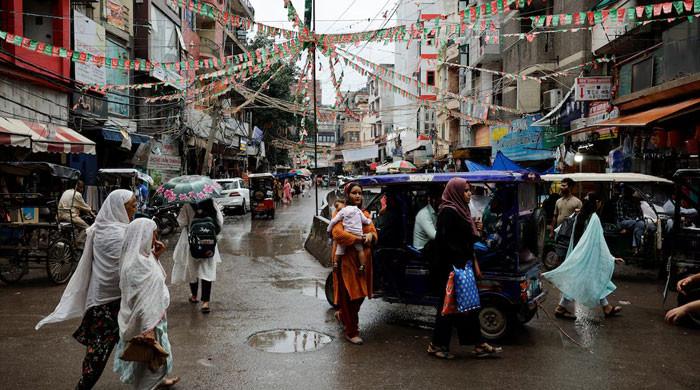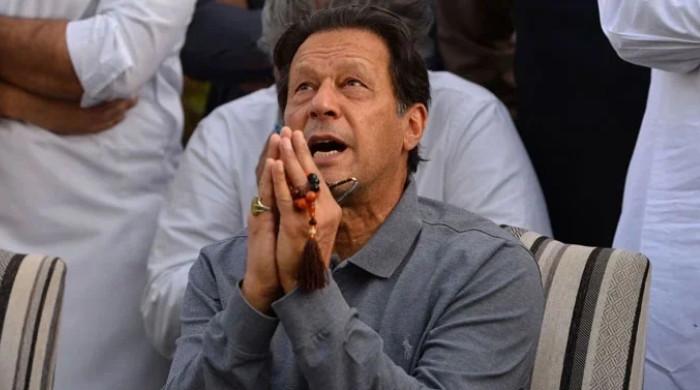Sri Lanka Marxist candidate takes early lead in presidential vote
Dissanayaka had 60.21% of the 164,000 votes counted, out of just over 700,000
September 22, 2024
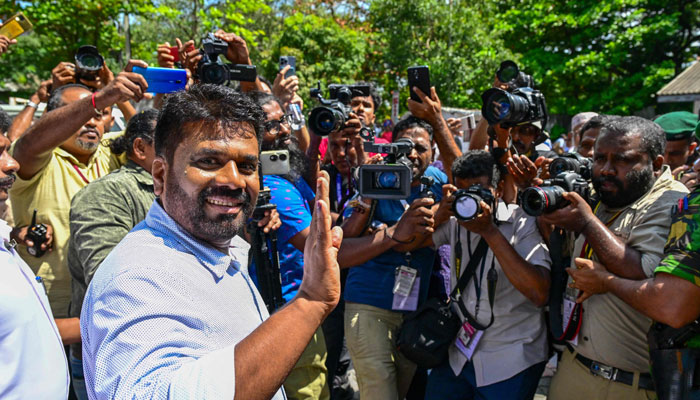
- Final results of elections are expected later Sunday.
- Polls has turned into referendum on president's austerity measures.
- Dissanayaka vowed to renegotiate the unpopular IMF agreement.
COLOMBO: Sri Lanka's Marxist politician Anura Kumara Dissanayaka took an early lead in Saturday's presidential election during the counting of postal ballots, official results showed.
Dissanayaka had 60.21% of the 164,000 votes counted, out of just over 700,000. Public servants involved in conducting the election are entitled to post their ballots, which are the first to be counted.
About 76% of the 17.1 million person electorate turned out for Saturday's vote, and final results are expected later Sunday.
The election has turned into a referendum on incumbent President Ranil Wickremesinghe's austerity measures, implemented in line with a $2.9 billion bailout loan he secured from the IMF early last year.
The 55-year-old Dissanayaka had vowed to renegotiate the unpopular IMF agreement under which Wickremesinghe had doubled income taxes, removed energy subsidies and raised prices.
The initial results showed opposition leader Sajith Premadasa had 19.98, almost neck-and-neck with Wickremesinghe who had 18.59%.
If elected, Dissanayaka would be Sri Lanka's first Marxist head of state. The authorities declared an eight-hour evening curfew across the country while results were being announced via manual counts, as Sri Lanka does not have electronic voting.
Wickremesinghe is seeking a fresh term to press ahead with his austerity measures after claiming credit for stabilising the economy after a crushing default on the national debt in 2022.




